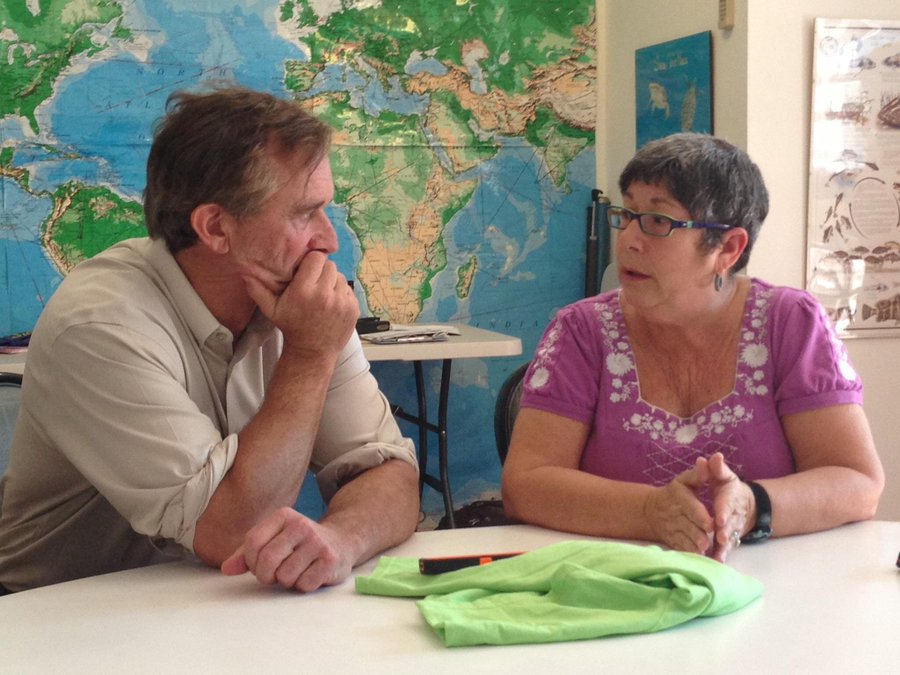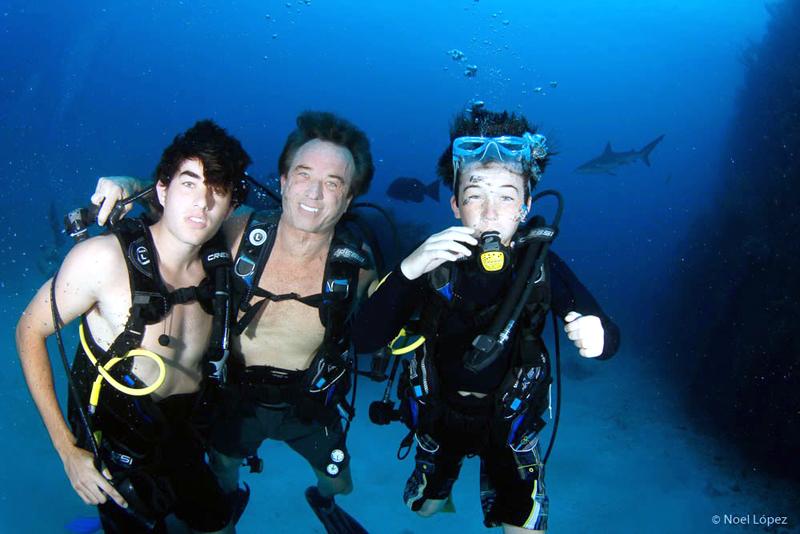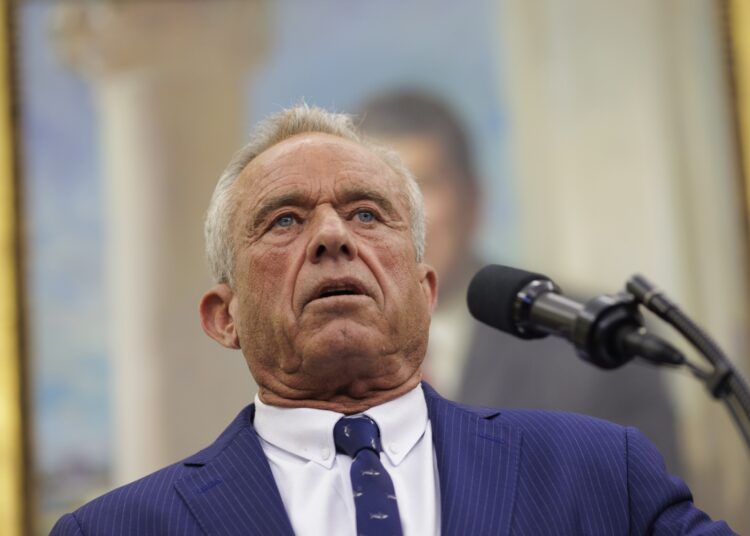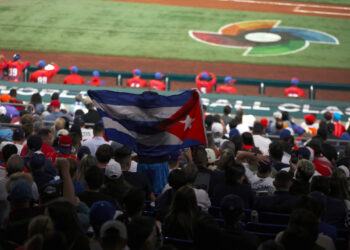After graduating from Harvard University, Robert F. Kennedy Jr. studied at the London School of Economics and received his law degree from the University of Virginia School of Law.
He then attended Pace University School of Law, New York, where he earned a Master’s degree in Environmental Law. From 1986 to 2018, he was a faculty member at the Pace School of Law. He co-founded the Pace Environmental Litigation Clinic, which represents Hudson Riverkeeper, a nonprofit organization based in Ossining, New York, dedicated to protecting the river, one of the most iconic in American culture.
As Riverkeeper’s chief prosecutor, Kennedy took up over 150 lawsuits against various corporations polluting the waterway. He also inspired the creation of more than 100 global Waterkeeper organizations and an umbrella group, the Waterkeeper Alliance.
For these kinds of actions, Time magazine named him one of its “Heroes for the Planet.” “To me,” he told Time, “the environment cannot be separated from the economy, housing, civil rights, and human rights. How we distribute the goods of the earth is the best measure of our democracy. It’s not about advocating for fish and birds. It’s about human rights.”
This is the RFK Jr. who first arrived in Cuba in February 1996, together with his brother Michael Kennedy — president of Citizens Energy Corporation, a Boston-based company promoting alternative energy —as part of a delegation of environmentalists. On that occasion, he met with Fidel Castro.
“More than three decades after the Missile Crisis and the Bay of Pigs, Robert Kennedy Jr. and Michael Kennedy came face to face with the man who was their uncles’ staunchest enemy during the Cold War,” notes researcher Peter Kornbluh. He adds: “The group was there to discuss Cuba’s energy needs and to urge Castro to abandon his nuclear program in favor of safer alternative energy sources.”
They visited the Juraguá plant at a time when U.S. legislators and environmentalists were showing growing concerns about its safety and construction standards, very similar, they argued, to those of Chernobyl.
Upon his return to the United States, RFK Jr. claimed that his trip had helped the Cuban government stop the construction of the nuclear plant. The press reported this:
Cuban President Fidel Castro, who has long been adamant about building a nuclear power plant on his island nation, is now willing to consider other sources of fuel, said two of President Kennedy’s nephews. “We asked him not to build it, and he eventually stopped construction.”
On that trip, the two brothers gave Fidel Castro previously top-secret U.S. documents on a secret Kennedy administration agreement with Cuba, a move that gave rise to the Dallas assassination and that has been investigated and discussed by historians such as Peter Kornbluh and William Leogrande in Back Channel to Cuba, a classic book.
“Castro thanked them for the documents,” Kornbluh says, “and shared with them his “impression that [President Kennedy] intended after the Missile Crisis to change the framework” of U.S.-Cuba relations. “It is unfortunate,” said Fidel Castro, “that things happened the way they did and that he could not do what he wanted to do.”
In 2001, RFK Jr. continued his activism, for which he was sentenced to 30 days in prison for trying to thwart U.S. Navy bombings on the island of Vieques, Puerto Rico. Joining the trend, he and other environmentalists argued that they were damaging the environment and the health of the island’s inhabitants. Several officials testified at the trial that their incursion with their fellow defendants made them stop the military exercises.

“As soon as the boat entered the danger zone, I had to stop the fire,” said Lieutenant Commander Russell Gottfried. And he had to stop for two and a half hours while security officers searched for the group, hiding in some mangroves.
The Vieques base, a Navy firing range since the 1940s, was finally closed in May 2003.
In 2014, he returned to Cuba. On this occasion, he made a foray to the Jardines de la Reina, in the south of the island, a tourist enclave famous for its marine reserve and for having been declared a National Park in 2010. There Kennedy did another of the things he knows how to do well: diving in the crystal-clear waters of the sea, near dogfish and other species, but this time not alone, but with two of his sons.

In an article for the Inter Press Service (IPS) news agency, after the trip to Jardines de la Reina, RFK Jr. touched on the subject of the embargo by writing that it was a “monumental failure” and spoke in favor of a “warmer” relationship with the Cubans.
Set against the backdrop of the thaw, after the announcement that the United States and Cuba would seek to normalize their relations, the text argued that lifting the embargo would have broader positive effects on international relations for the United States, an idea usually promoted by the liberal mainstream at the time, including President Obama.
“One reason that it diminishes our global prestige and moral authority,” it noted, “is that the entire embargo enterprise only emphasizes our distorted relationship with Cuba. That relationship is historically freighted with powerful ironies that make the United States look hypocritical to the rest of the world.”
In short, what he thought then about this could be summarized in six key points:
- President Obama decided to reestablish diplomatic relations with Cuba “after more than five decades of a misguided policy which my uncle, John F. Kennedy, and my father, Robert F. Kennedy, had been responsible for enforcing after the U.S. embargo against the country was first implemented in October 1960 by the Eisenhower administration.”
- The pretext of democracy and human rights to justify hostility towards Cuba is not credible. Indeed, “there are real tyrants in the world with whom the United States has become a close ally and many governments with much worse human rights records than Cuba…where torture, enforced disappearances, religious intolerance, suppression of speech and assembly, mediaeval oppression of women, sham elections and non-judicial executions are all government practices.”
- “While we fault Cuba for jailing and mistreating political prisoners, we have simultaneously been subjecting prisoners, many of them innocent by the Pentagon’s own admission, to torture ― including waterboarding and illegal detention and imprisonment without trial in Cuban prison cells in Guantanamo Bay.”
- “It is almost beyond irony that the very same politicians who argued that we should punish Castro for curtailing human rights and mistreating prisoners in Cuban jails elsewhere contend that the United States is justified in mistreating our own prisoners in Cuban jails” [in Guantanamo].
- “While we blame Cuba for not allowing its citizens to travel freely to the United States, we restrict our own citizens from traveling freely to Cuba.”
- “It seems silly to pursue a U.S. foreign policy by repeating a strategy that has proved a monumental failure for six decades.”
In a 2023 interview, RFK Jr. praised the healthcare system in Cuba, going so far as to say that it produced “healthier citizens than the United States.” Shocking perhaps to many, but not new. He had posted in 2019: “We [the United States] are far from world’s healthiest country, ranking 35th among 169 economies according to factors that contribute to overall health. #Cuba placed 5 spots above us, making it only nation not classified as ‘high income’ by World Bank to be ranked that high.”
He also alluded to the time he and his two sons spent with one of the protagonists of the Missile Crisis two years before his death. He characterized him then as an “incredibly charming” man. And he was emphatic: “He was very, very kind to me and to my family.” Adding, “He had a very open and engaged mind and I talked to him about a million things,” including “the U.S. attempts to assassinate him.” “It was flattering to me to see that thirty years after my father’s death, he is still held in such high regard [by Fidel Castro],” Michael Kennedy had observed on that 1996 trip.
During the last election, it was said that Kennedy’s embrace of Cuba’s socialist regime could hurt his efforts to attract Republican voters to his third-party presidential candidacy.
But it didn’t happen. RFK Jr. gave up running for the third party and, after having made a U-turn on his views and experiencing the rejection of his own family, was ratified by the Senate as Secretary of Health and Human Services of the new administration.
Donald Trump did not care.










